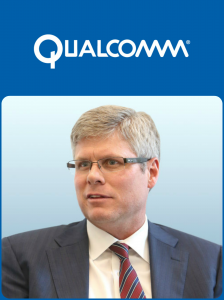The Upside of Being Replaceable
Kristin Muhlner is the chief executive of New Brand Analytics , a social-media-monitoring company used to improve brand loyalty and acquire new customers. Adam Bryant from the New York Times recently sat down with Muhlner and discussed what she learned from being a C.E.O, what to look for when hiring employees, and what culture means to her. Here are some great points from the article:
- Developing personal connections with your employees can be emotionally draining: “You always want to be one of those leaders who care deeply about their staff and look after them, but at some point you have to make the shift and say you’re going to do the right thing for the business
- Don’t always assume that people know everything: “But people just have this incredible thirst to be connected, and they need multiple reinforcing points of communication. I have to remind myself over and over not to assume that everyone knows something.”
- Seek out a meritocracy: “If you find a meritocracy and you’re highly ambitious and you want to drive your career forward, then nothing’s going to get in your way”
- Don’t wear “busy” as a badge of honor: “We’ve become crazy about being crazy, and I’m stunned at how many people are absolutely exhausting themselves. It’s important to figure out how to be ruthlessly efficient and disciplined with your time, and do only those hings that matter”
To read the article in it’s entirely, click here.






